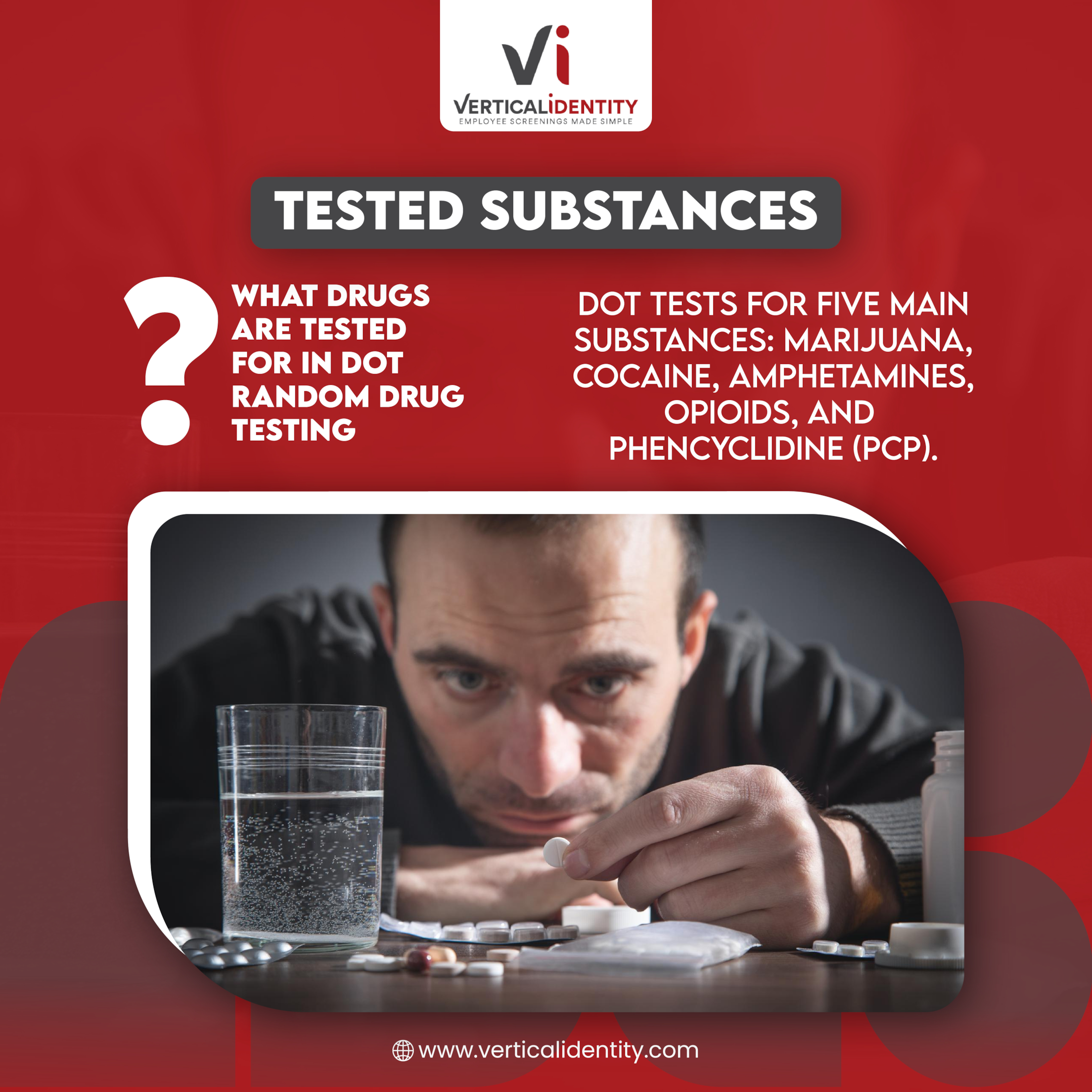✅ DOT Random Drug Testing for FMCSA: How to Stay Compliant and Avoid Mistakes
DOT Random Drug Testing for FMCSA is more than just a checkbox for CDL drivers—it’s a legal requirement that can impact your ability to stay on the road. Whether you’re an owner-operator or managing a small fleet, understanding your testing responsibilities helps you avoid fines, failed audits, and even suspension.
In this updated guide, we’re breaking down the essential checklist to help you stay compliant and avoid costly errors in 2025 and beyond.
✅ Enroll in a Compliant DOT Drug Testing Program
To meet FMCSA compliance requirements, every CDL driver must be enrolled in a DOT-approved random drug and alcohol testing program. This includes leased operators and part-time drivers. Failing to enroll can result in being pulled from duty or denied operating authority.
📎 Visit the FMCSA’s Drug and Alcohol Testing page to view the official testing requirements.
✅ Understand Random Selection Rules and Frequency
Under DOT Random Drug Testing for FMCSA, at least 50% of drivers must be tested for drugs and 10% for alcohol each year. Testing must be unannounced and spread throughout the calendar year. If you use a TPA (Third Party Administrator), make sure they randomly select and notify drivers as required.
✅ Maintain Documentation and Testing Records
You’ll need to retain several important documents:
-
Program enrollment certificates
-
Chain-of-custody forms
-
Test results (positive, negative, and refusals)
-
TPA contact information
Keep these records accessible in case of a DOT audit.
✅ Know the Testing Process and Refusal Rules
If you’re selected for testing, you must:
-
Report to the collection site immediately
-
Follow all testing instructions precisely
-
Avoid any behavior that could be interpreted as a refusal
Refusals are treated as positive test results under DOT regulations and can remove you from service.
✅ Keep Contact Info Updated with Your TPA
Make sure your TPA has your current:
-
Phone number
-
Email
-
Physical address
If they can’t reach you for a random test, you may be marked as non-compliant—even if you never received the notice.
✅ Don’t Ignore the Consequences of Non-Compliance
Failing to follow DOT Random Drug Testing for FMCSA rules can lead to:
-
Civil penalties
-
Being placed out of service
-
Loss of DOT authority
-
Higher insurance premiums
-
Difficulty finding freight partners
✅ Stay Current with FMCSA Rule Changes
DOT testing rules change periodically. New drugs may be added to the testing panel, or testing thresholds may shift. It’s essential to stay informed—or work with a compliance partner who tracks this for you.
✅ Frequently Asked Questions (FAQs)
What does DOT test for?
The DOT tests for marijuana, cocaine, amphetamines, opioids, and PCP.
How are drivers selected?
Selections are random and must be computer-generated.
What happens if I miss a test?
A missed test is typically treated as a refusal and is equivalent to a positive result.
Can I join a program if I’m just starting out?
Yes, new drivers must enroll before they begin operating under their DOT number.
🎯 Final Thoughts
DOT Random Drug Testing for FMCSA is one of the most critical compliance steps for CDL drivers and fleet owners. It’s not optional—and small mistakes can lead to big consequences. With the right program, education, and support, you can stay compliant and focused on what matters most: running your business.

